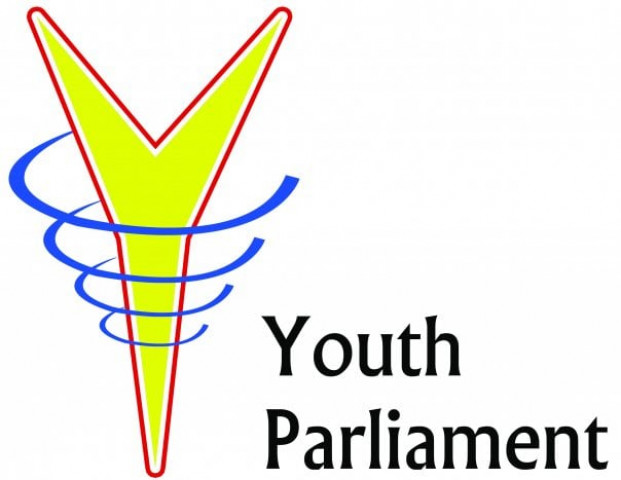Promoting democracy: Youth Parliament to have five-day terms instead of a year-long one
240 promising young men and women will be selected for the seventh batch

240 promising young men and women will be selected for the seventh batch. LOGO
Earlier, the selection committee used to nominate 60 members for a single-year term, with the parliament having 25 working days.
With the introduction of the new changes, the selection committee will nominate 60 members for each session, lasting for five days. A total of 240 promising young men and women will be selected for the seventh batch of the youth parliament.
The changes have been introduced to engage a larger number of youth in the Youth Parliament of Pakistan.
The aim of the Pildat project is to encourage Pakistani youth's involvement in a healthy democratic system. To date, the Youth Parliament of Pakistan has completed its tenure six times, having 60 members in each batch. The first batch was selected in 2007.
Pildat president Ahmed Bilal Mehboob said that the changes were introduced after a lot of thought and planning. "We receive a large number of applications every year," he reasoned. "With the help of this idea, we can drive more minds towards the democratic system."
When asked if the change in the duration of the term was due to any complaints regarding the activities of the members of the last batch, Mehboob said that this was not the case. He pointed out that the only complaint the secretariat ever received regarding the conduct of the members was that they came late to the sessions. "The complaints are not the reason," he said. "We have changed the format to work at a fast pace."
He said the members will not be at the liberty of proving their mettle in a long year now. "They will only have a week to prove themselves," he remarked.
Questioned about how the members will learn about parliamentary practices in five days, he said that the Pakistani youth is capable of learning fast. "We will use these five days effectively," he insisted. "We will now have a single working day of eight hours."
Replying to another question about whether the members of this batch will miss out on learning opportunities due to the fewer number of days, Mehboob said that the pace of work had been slow during the previous years. "We can work while keeping in mind the value of time now."
Mehboob explained that each session will be addressed by four to five speakers and, if the National Assembly conducts its session during the same dates, the young parliamentarians will visit the Assembly to observe the proceedings.
Talking to The Express Tribune, Mehboob said that 15 members, selected from each session based on theit performance, will then participate in the fifth and final session.
Bound to fail?: ‘New idea will not bear fruit’
Former members of the Youth Parliament were of the view that the new idea will not bear fruit.
“This idea will fail,” said a former member, who has also served as a panel member for Pildat, requesting anonymity. “The youth of Pakistan has seen successive military interventions over the years, because of which they eventually think that dictatorship is the best form of government. A single-year term was good to teach the youth about the importance of democracy and parliamentary practices.”
He added that it will be quite difficult for a new member to understand the significance of parliamentary practices in just a five-day term. He recalled how during his term as a youth parliamentarian, it took five days for half of the members to be able to understand the meaning of the word ‘parliament’.
“Before going to the Youth Parliament, I was a fan of dictatorship,” he said. “After my selection, I learned the importance of healthy legislation.” Describing the Youth Parliament as perfect in itself, he said that it is the only platform that provides a chance to every member to interact with politicians. Selected members from alternative batches had been sent to the United Kingdom (UK), Sweden and Denmark to observe the democratic system in those countries. Six members from the 2014 batch were also sent to travel to Denmark and UK along with two MNAs.
Published in The Express Tribune, May 20th, 2015.



















COMMENTS
Comments are moderated and generally will be posted if they are on-topic and not abusive.
For more information, please see our Comments FAQ